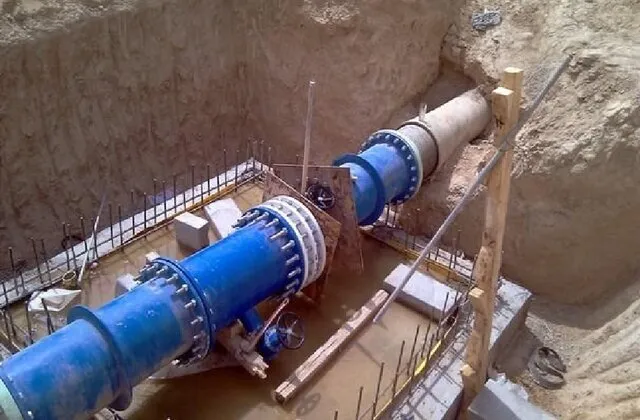Making Water Supply Network Smart with Capability to Prevent Contaminants Infiltration

According to a report by the public relations department of Iran National Science Foundation(INSF), Elham Qaemi, the executive director of the project to make water supply smart system said that 'Smartening Urban Water System in Order to Detect And Categorize Quality Parameters During Unusual Conditions', was the title of the project she worked on at Semnan University.
“Smart water networks are tools or systems that integrate the required calculations and real-time control of network performance using different technologies,” she said.
She considered the purpose of these systems to be improving the performance and flexibility of water supplying networks and increasing the level of consumers’ satisfaction, adding, “Smart water networks as a part of the results of technological progress in power networks, have offered new development in the design, operation and management of urban water infrastructures.”
Qaemi considered smart water management as an intelligent approach to increase awareness of the network situation and real-time monitoring, forecasting conditions, crisis response, network recovery and network self-healing operations.
“As the water supply systems grow older, the probability of damage in them increases while the quality indicators and efficiency of the system decreases; therefore, the main goal of implementing this plan is to assess more appropriate water distribution systems in order to monitor pollution in the networks, prevent possible deficiencies by responding in an effective time, and also minimizing the economic losses of these shortcomings by implementing smart networks,” she pointed out.
The project director further said that reducing incorrect system warnings, improving network management by using timely knowledge of how the network works are among the other goals that were pursued in the carrying out the project.
About the challenges they faced in carrying out the project, the researcher said, “One of the challenges in this project is access to water quality survey data; because I could not use the data available in the country and this data was not available. Therefore, I had to use foreign data, samples and information. Also, due to the Covid-19 pandemic, I could not have an effective and appropriate communication with the supervisor; because universities and laboratories had been shut down.”
Qaemi further pointed out that using the results of the project, the urban water supply networks in the country can become smart, and after that, the quality of water in the network can be measured in real-time manner and at a very high speed. In the meantime, any pollution in the water supply network is prevented.
4155/i





















